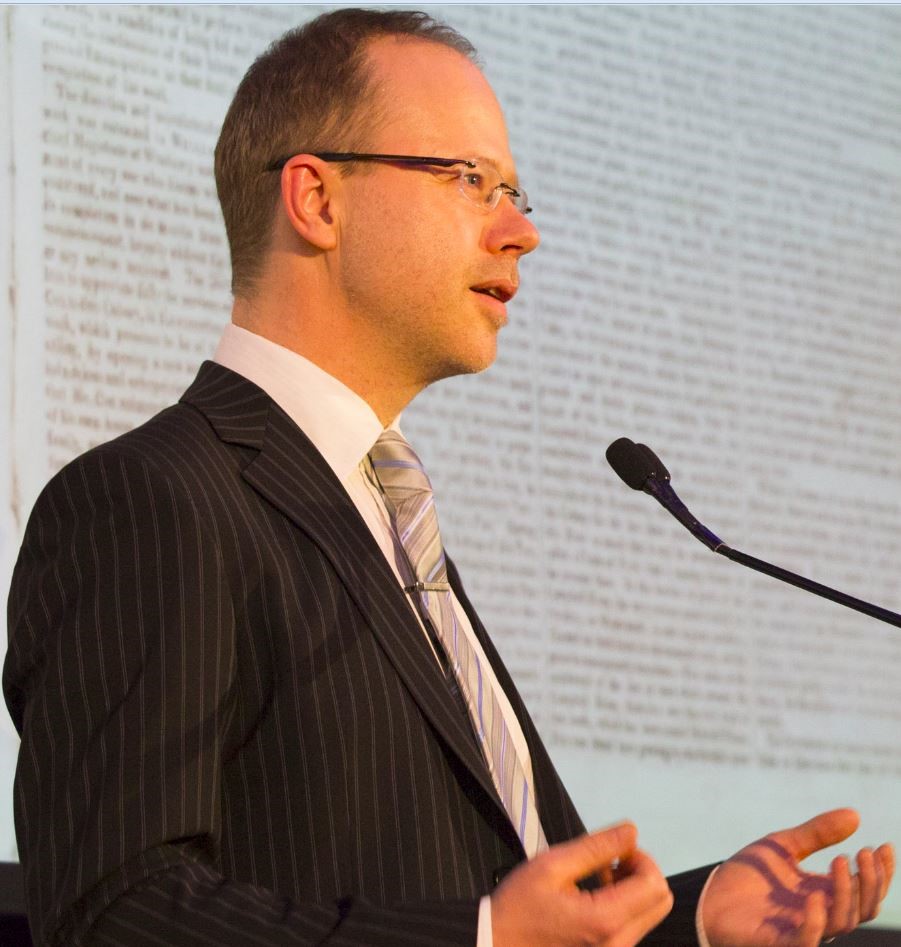The Archives
-
Cultural Studies, Historical Studies, Life Writing, Literary Studies
Unearthing the Past
20.04.11 | Permalink | Comments Off on Unearthing the PastWhen Hitler’s troops invaded and occupied the city of Kharkov in Ukraine, my grandparents Nadia, 26, and Petro, 30, had two young children, aged 7 and 5. My mother had not yet been born. In this tense and uncertain period it was unclear whether Ukraine would ultimately be controlled by Stalin or Hitler. There was nothing to recommend one over the other, they often said. Both regimes were brutal and both targeted Ukrainians. Mid-1943 marked a turning point—the end of their lives in Ukraine and the first stage of a journey into the unknown that led to their eventual arrival in Australia in 1949 as post-war refugees. They were packed into railway goods wagons with other Ukrainians and were taken from Kharkov, where they had built their world, to Dwikozy in Poland. This was the place of their first displacement from everything that made up their history and identity—homeland, language, culture, family, community, and career. Like many other refugees my grandparents attempted to compensate for the loss of their past by trying to recover it repeatedly years later in the stories that they told.






